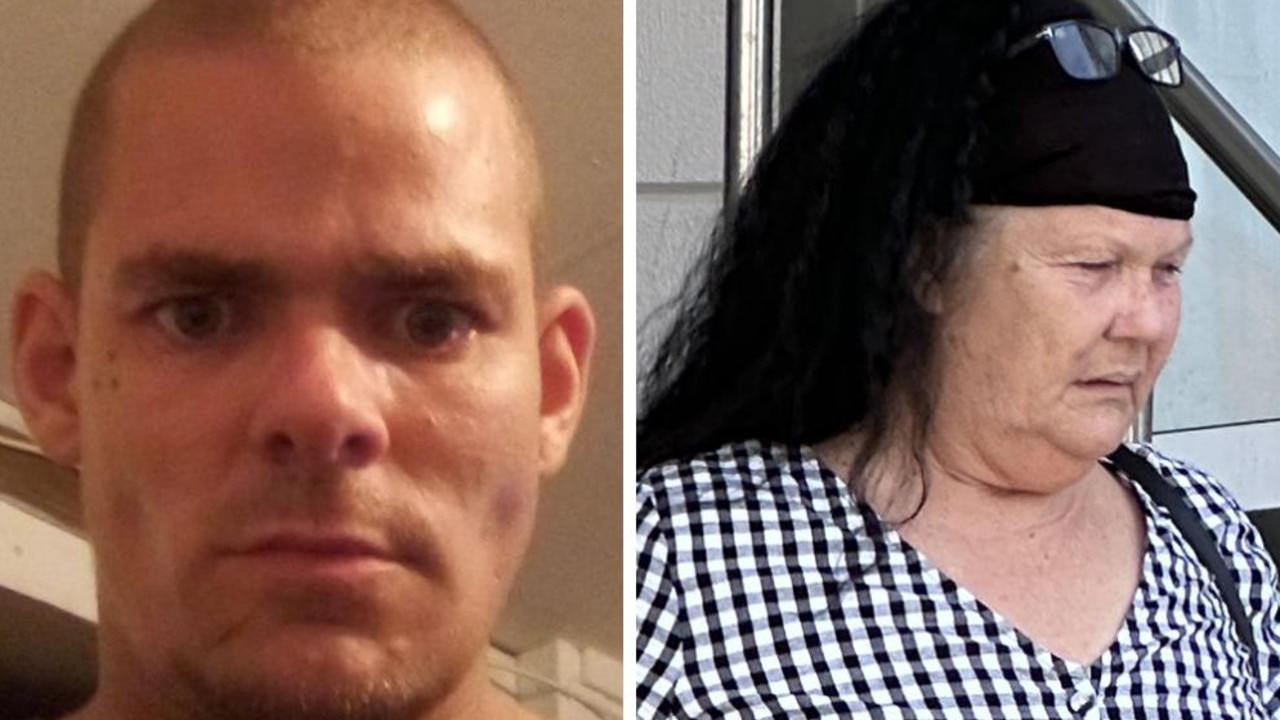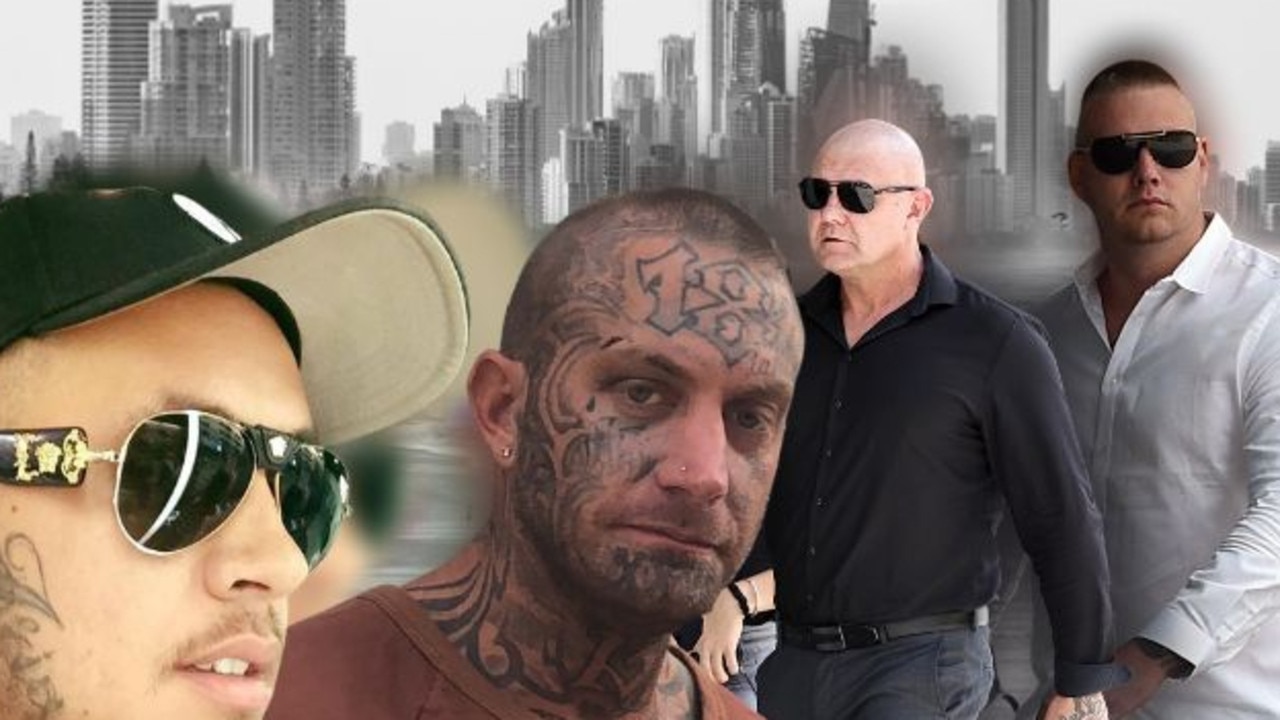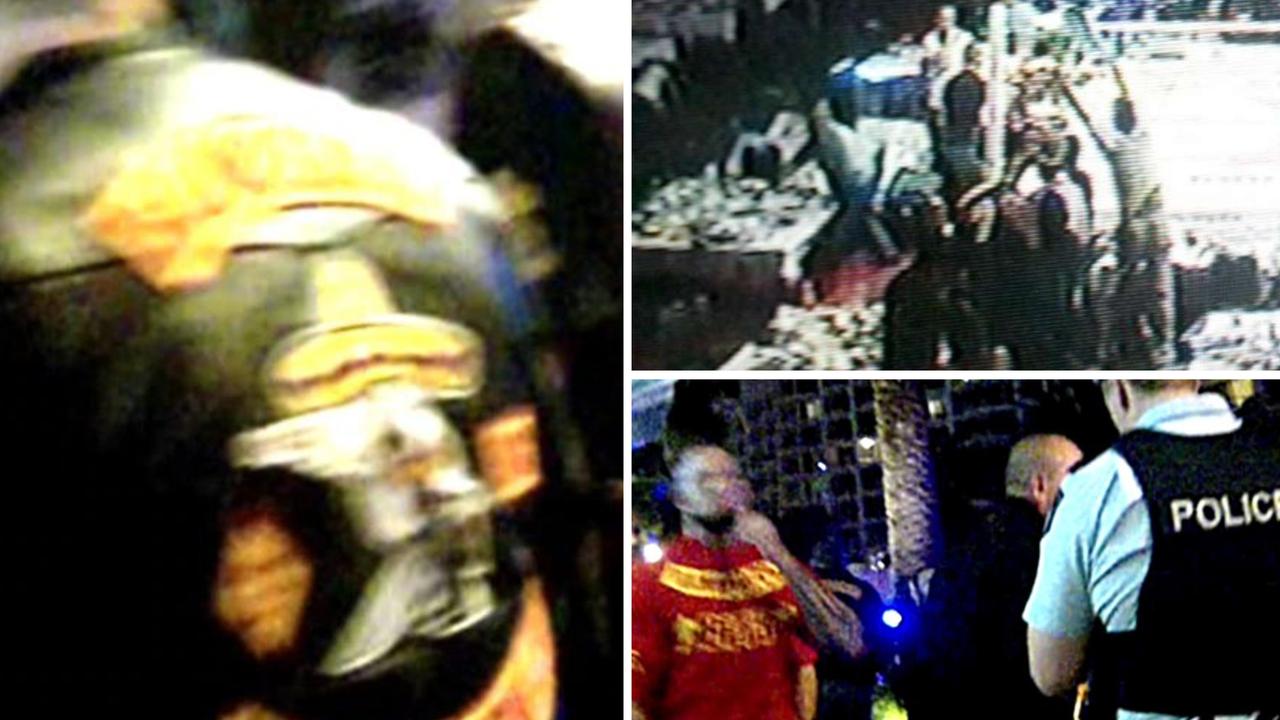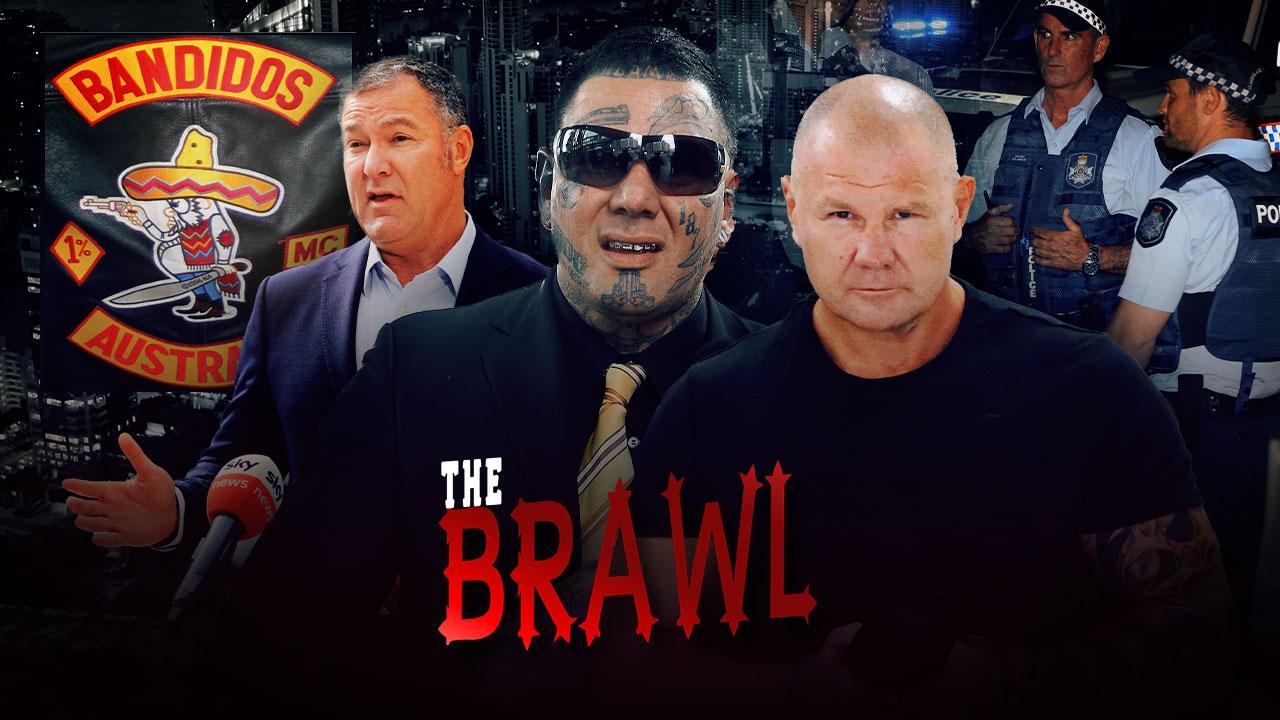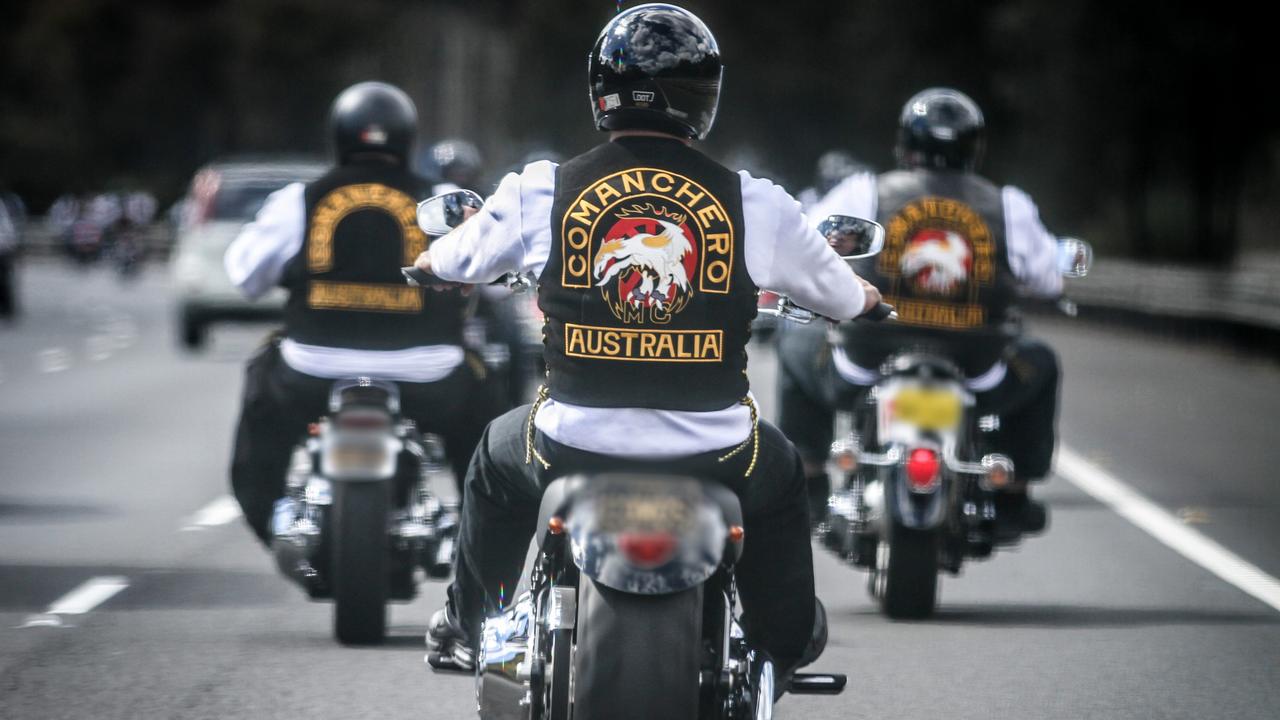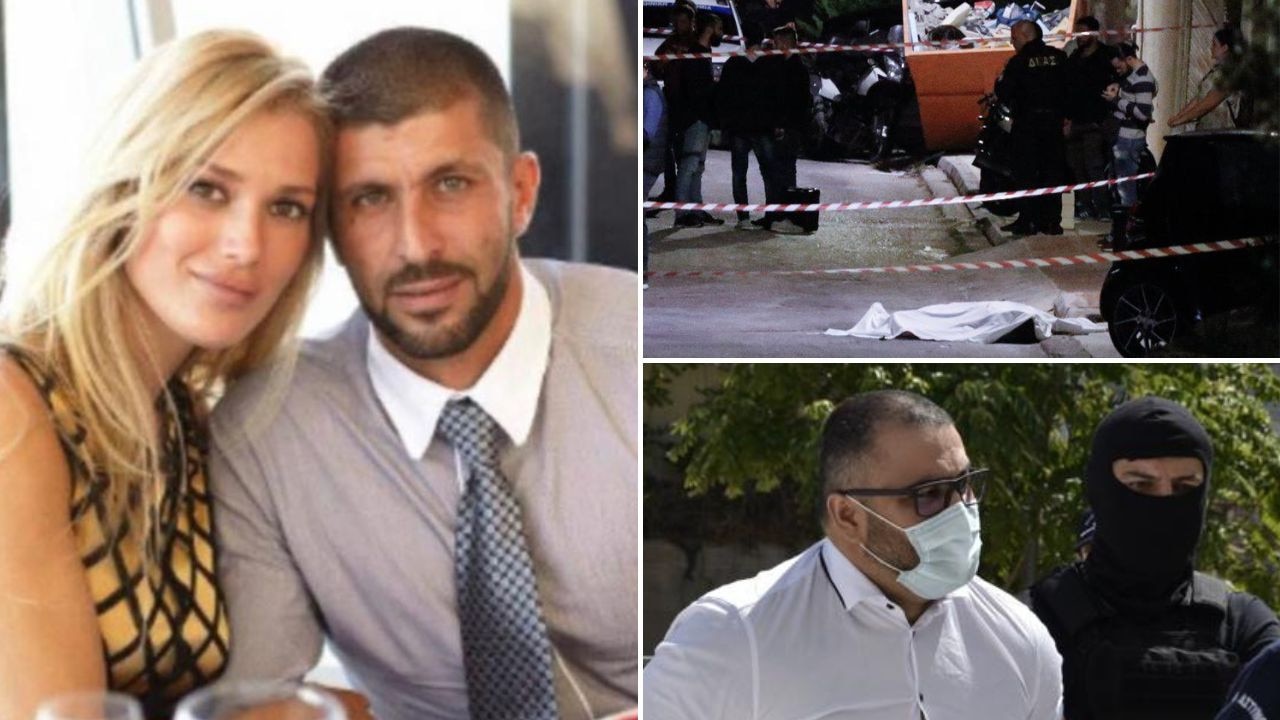Bikie gang safe havens and hideouts around the world
This is where some of Australia’s most wanted bikies have fled overseas to avoid police, as they continue their alleged criminal operations.
Bikies Inc
Don't miss out on the headlines from Bikies Inc. Followed categories will be added to My News.
Over the better part of the past two decades, Australian states have been tightening the screws on bikie gangs through tough laws designed to reduce their visibility in public and frustrate their activities behind the scenes.
The laws, which can prohibit bikies from riding as “patched” members of a gang, wearing club colours in public or associating with other members of a gang, have gone some way in dismantling bikie networks and putting a dent in the numbers of patched members.
But another effect of the laws has been to push some bikies to other states or territories where anti-bikie laws either don’t exist, lack teeth or aren’t strenuously enforced.
In June, Queensland University of Technology Associate Professor Mark Lauchs told The Herald Sun, Victoria had become a safe haven for bikies fleeing tough laws in other states.
“(Victoria is) the place to go,” Prof Lauchs said.
“When laws were changed, all the hardcore bikies left Queensland and went to Melbourne,” he said.
“The bottom line is in WA, Queensland and NSW, you can’t ride around with your patch on.”
But other bikies have sought to escape the clutches of Australian authorities completely, seeking to set up shop on foreign soil.
We now take a look at the overseas destinations where some of Australia’s most wanted have sought refuge and anonymity — or have found themselves after being deported.
NEW ZEALAND
In some ways, Australia’s bikie problem has become New Zealand’s bikie problem. As New Corp’s Charles Miranda reported in June, 2021, authorities across the ditch have been forced to deal with an influx of deported members of the Comancheros, who, they said, had introduced an “unprecedented” level of criminality into the country.
According to the report, at least 1000 criminals were deported to New Zealand between 2015-2020, with an estimated 55 per cent committing crimes within two years of their arrival.
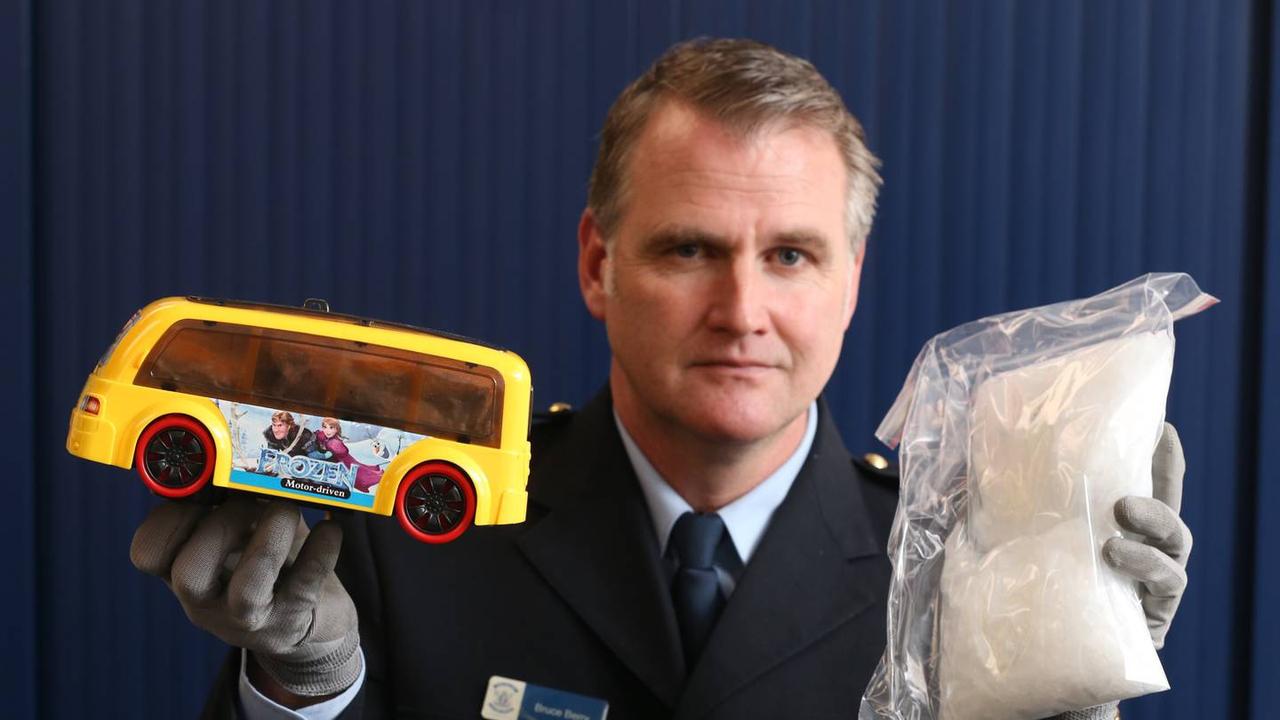
The gang established a New Zealand chapter and has been using its Australian network to traffic drugs, launder money and bribe police.
The outlaws, known as “Aussie 501s” after the section of the immigration act under which they were kicked out of Australia, include 20 deported members of the Comancheros, who police described as “slick” operators.
“Comanchero have an established overseas network, international control of supply lines from Europe and the Americas, established allegiances in pursuit of further business and putting aside gang rivalries, so it is a concern.”
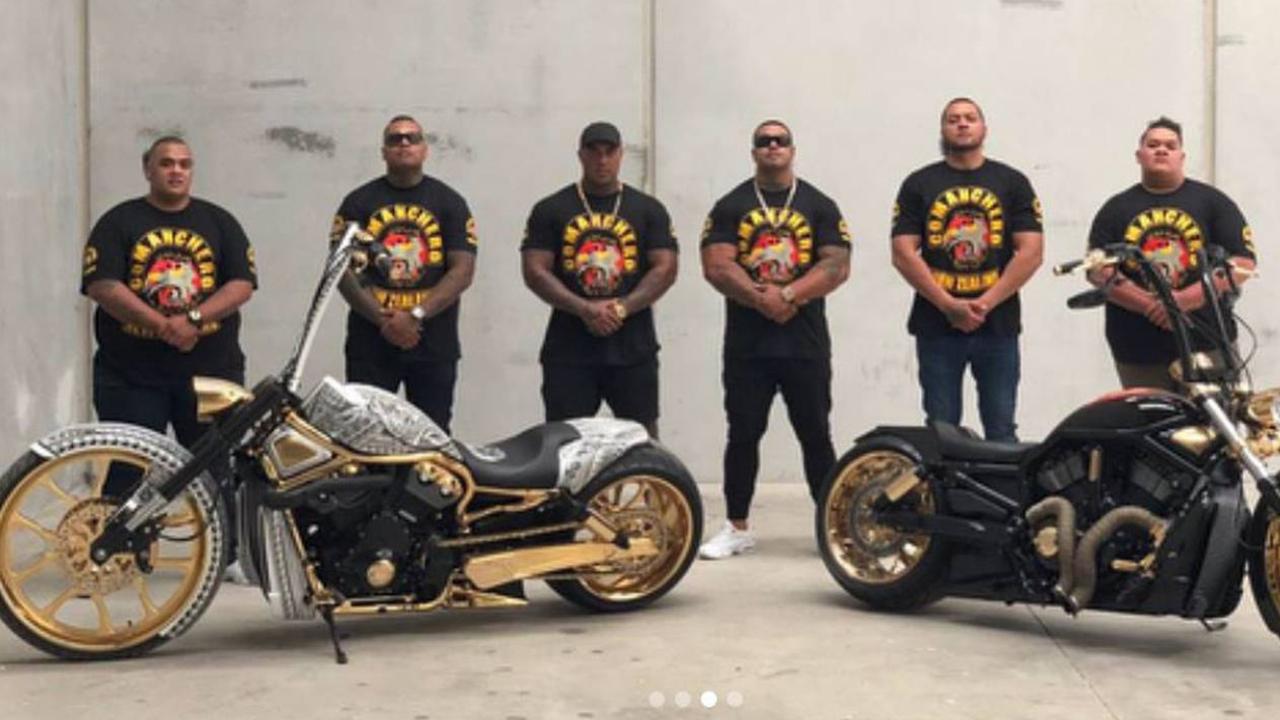
In 2020, NZ Police, with assistance from the Australian Federal Police, seized $20m worth of cocaine in the Port of Tauranga - the biggest bust in the country’s history.
The same year, police seized $4m worth of assets in raids on the Comanchero.
SOUTHEAST ASIA
Australian bikie gangs have been dodging authorities, and expanding their activities, in Asia for years now, with their tentacles reaching into countries including Vietnam, Indonesia, the Philippines, Laos, Thailand and Myanmar.
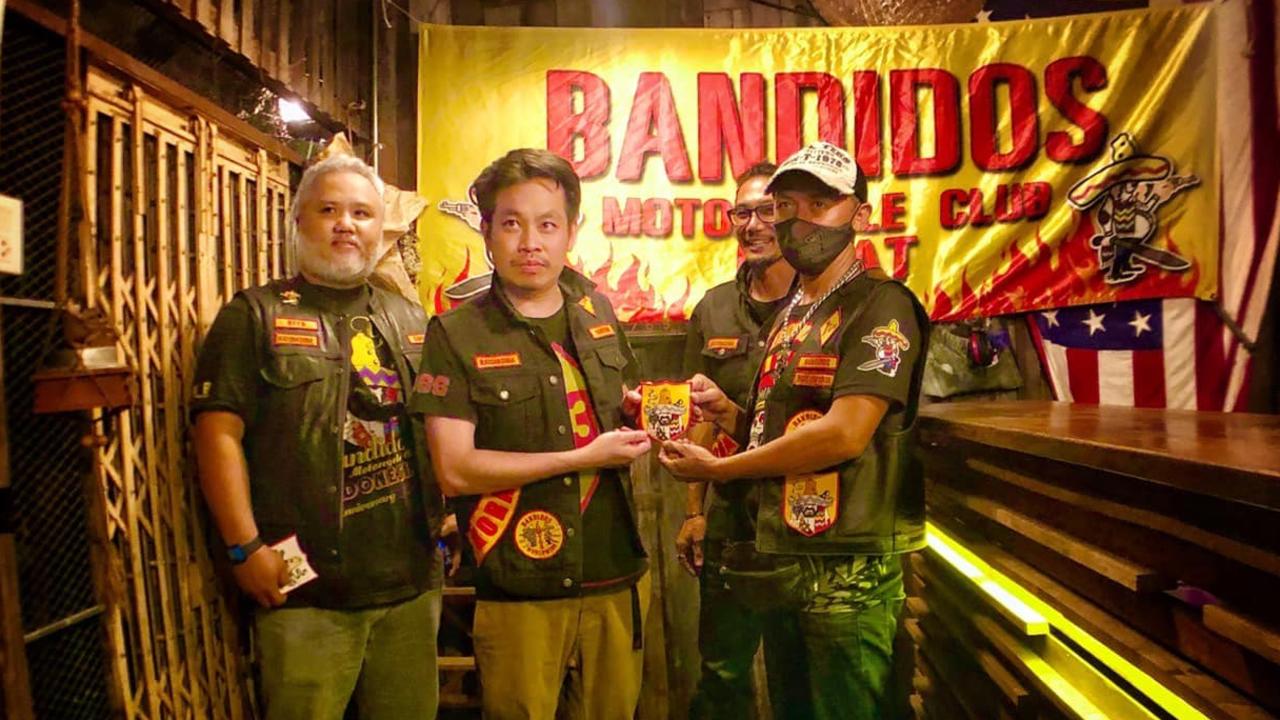
As The Herald Sun reported in July, increasing numbers of bikies have fled to the region in recent years, where some have become instrumental in forging ties with local drug kingpins and overseeing shipments of heroin, cocaine and methamphetamines, or precursor chemicals for the manufacturing of drugs, back to Australia.
In 2019, the paper reported, the UN warned outlaw motorcycle gangs from Australia and New Zealand were “expanding” their presence in the region “in part as a result of focused law enforcement efforts against them at home”.
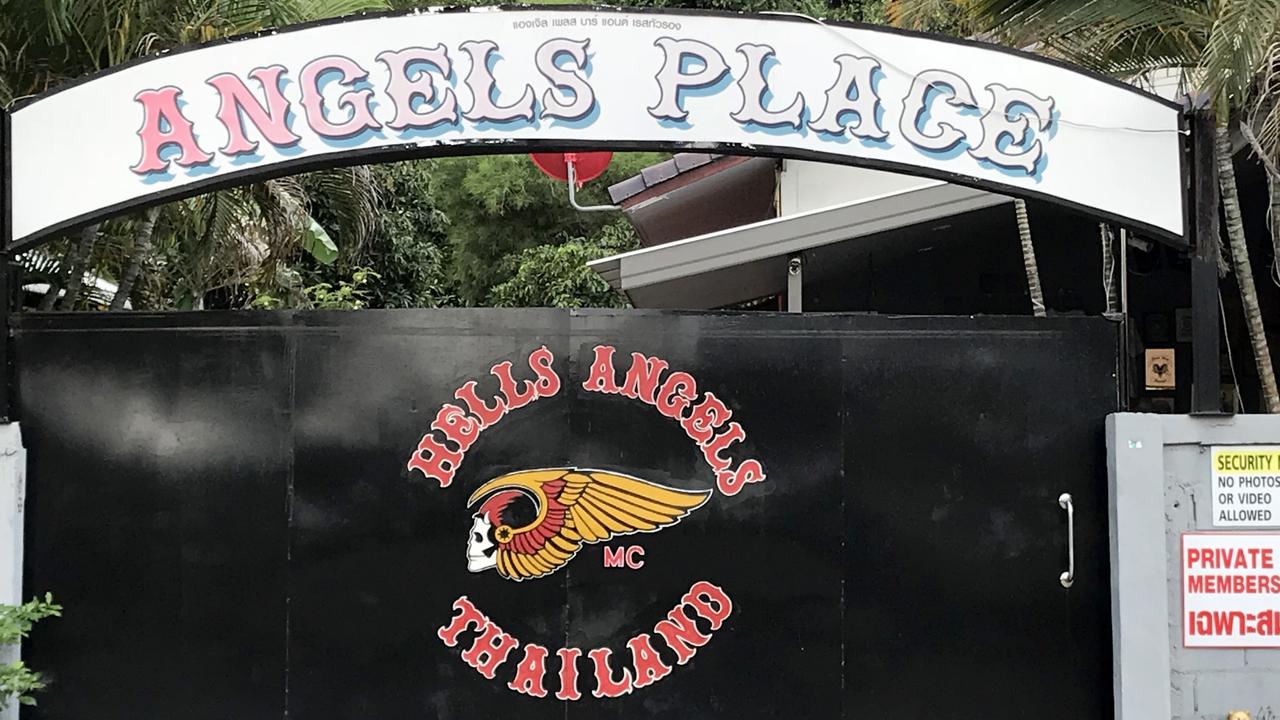
As has been the case in Australia, the tussle for power and territory in Asia has led to various turf wars between rival gangs.
In 2013, members of the Hells Angels and Rebels reportedly clashed when the Rebels tried to open a bar Cambodia’s south in a nightclub district understood to be a Rebels “no go” zone because the Angels operated their own bars there.
The Sunday Herald Sun reported at the time that growing competition for business opportunities - both legitimate and illegitimate - had been a source of tension between rival organisations.
But the gangs are facing a new push to evict them from their Asian bases, with Australian, Asian and European authorities convening in Vietnam in June to discuss ways to work together to smash their operations.
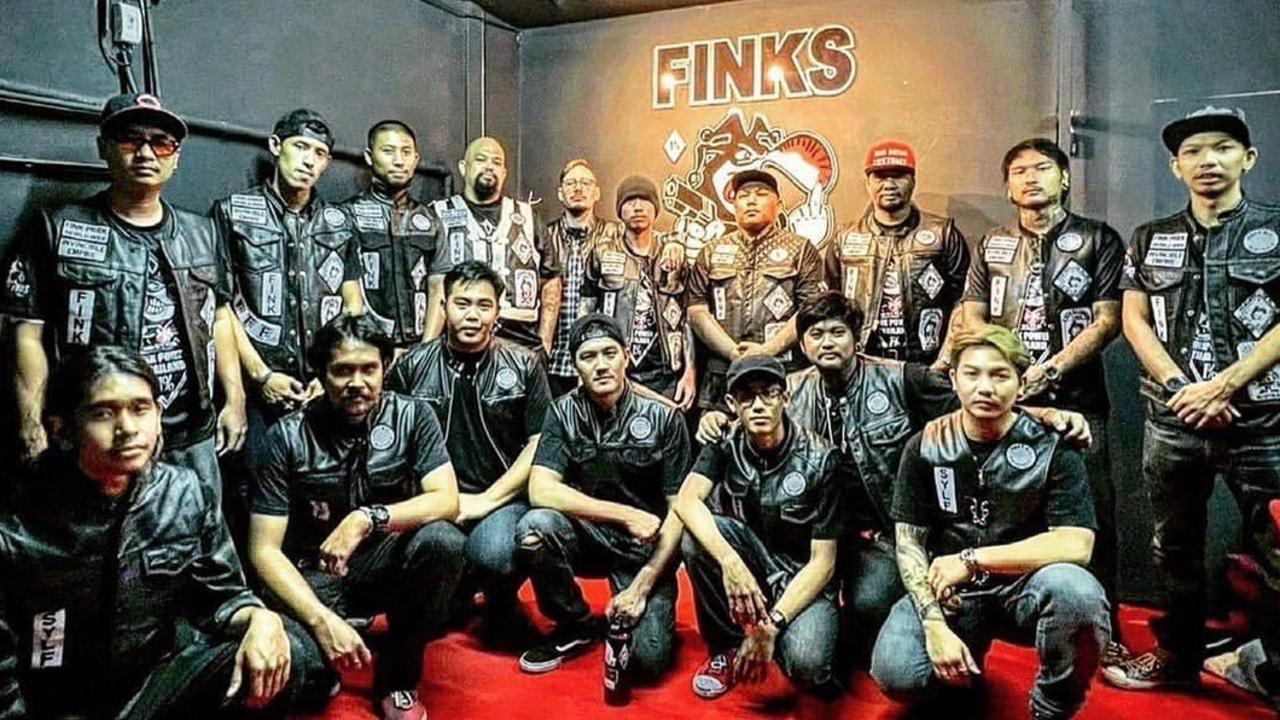
“These are not groups that care about the wellbeing of the communities they establish themselves in, or their members,’’ Assistant Commissioner Crime Command Nigel Ryan said.
“These groups are responsible for the importation and trafficking of tonnes of illicit drugs, hundreds of weapons, the laundering of millions of dollars in cash and, if they feel it is necessary, murder,” Mr Ryan said.
“The AFP will not stand for Australian criminals moving offshore and causing havoc in another country, and that’s why the partnership between the AFP and overseas law enforcement agencies is so important,” he said.
Listen to Episode 1 of the Bikies Inc. podcast below:
DUBAI
The United Arab Emirates city of more than three million people has developed a reputation as a magnet for ex-pat gangsters from all over the world.
So much so, The Daily Telegraph reported, that in 2020 Dubai authorities took the unusual step of publicising a video, highlighting the arrest of two Sydney men linked to an alleged plan to import drugs into Australia - in a bid to send a strong message that the city would no longer be a safe haven for criminal suspects.
“They (Dubai authorities) hated the reputation in criminal circles that Dubai was safe,” a senior Australian law enforcement source told The Daily Telegraph.
“And it’s pretty obvious they want the crims to know they are now not welcome there and they will help Australian police to arrest them’’ he said.
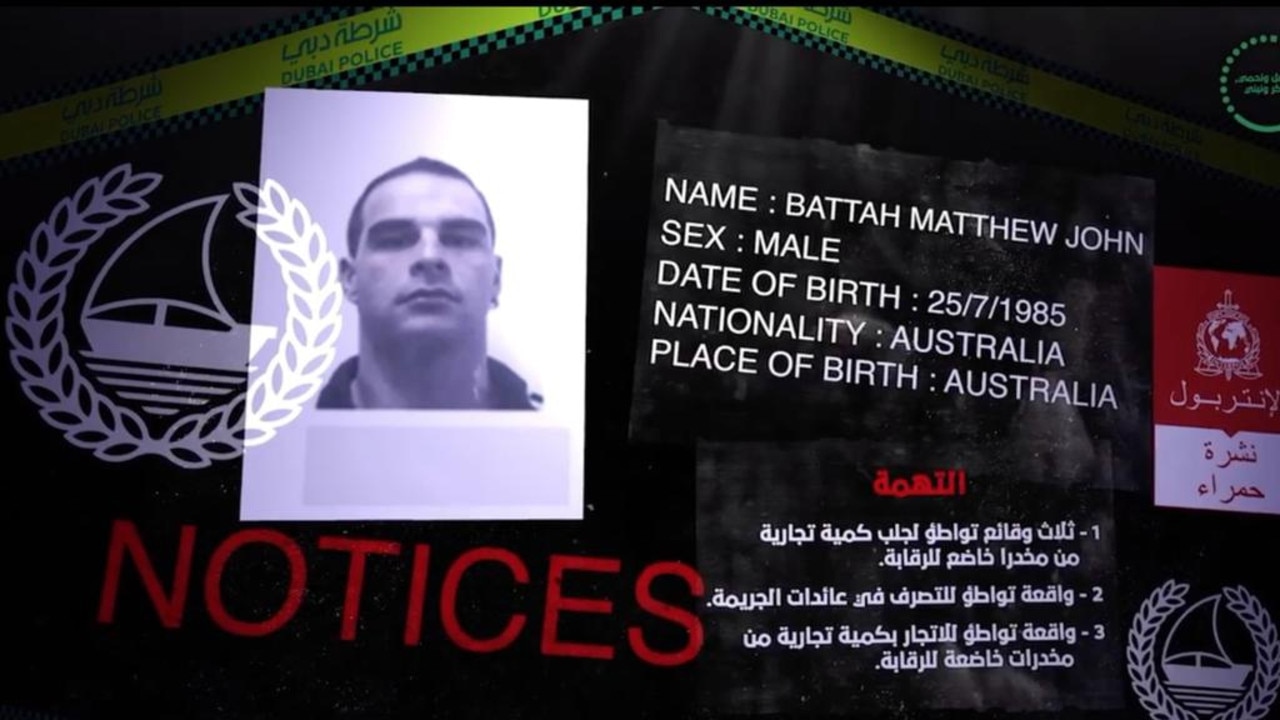
Police allege the two Australians, Benjamin Neil Pitt and Matthew John Battah, have links to the Lone Wolf bikie gang and were the ringleaders of one of Australia’s biggest ever drug syndicates.
The pair allegedly fled Australia in 2015 amid a police investigation into the alleged importation of 2.8 tonnes into the country through Africa, Asia and Europe in 2013 and 2014.
They were arrested in June 2020 following an eight year police investigation before being extradited to Australia in September 2021.
Following their extradition, NSW Police Assistant Commissioner Stuart Smith alleged the pair had “set themselves up in Dubai and lived an opulent life”.
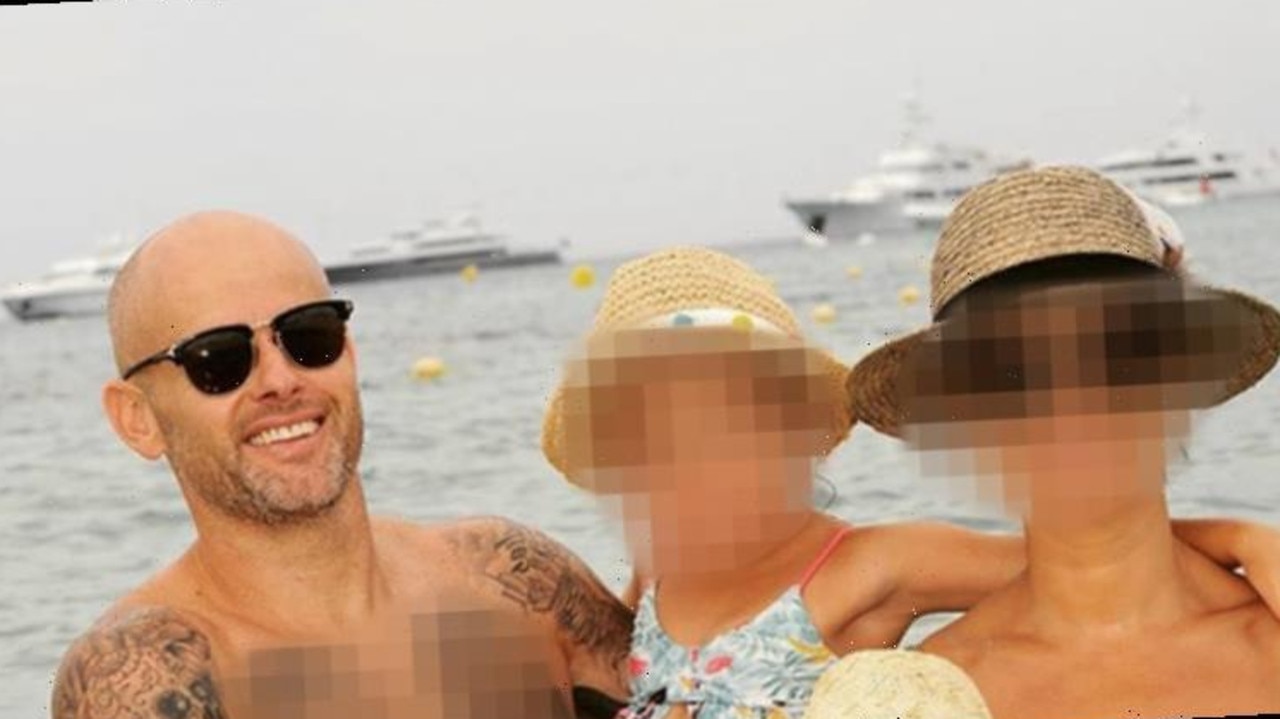
Pitt and Battah were each charged with three counts of conspiracy to import a commercial quantity of a border controlled drug, one count of conspiracy to deal in the proceeds of crime greater than $1m and a single count of conspiracy to traffic in a commercial quantity of a controlled drug.
Both men have pleaded not guilty to all charges and will fight the accusations in court.
Mark Buddle, leader of the Comancheros and considered to be Australia’s most wanted man also spent time in Dubai after fleeing Australia in 2016.
Buddle, who was arrested in North Cyprus in July and was held for several weeks in a high-security prison in Turkey, was forced to leave Dubai after video emerged of him arguing with a group of tourists at a private beach bar in 2021.
NORTH CYPRUS
After fleeing Dubai in 2021, Comancheros boss Mark Buddle went to Iraq before settling in North Cyprus, a disputed region of Cyprus considered by Turkey as the Turkish Republic of Northern Cyprus.
In a development that shocked Sydney’s underworld, Buddle was arrested in July as part of a top-secret mission involving agents from Interpol and the National Turkish Coast Guard.
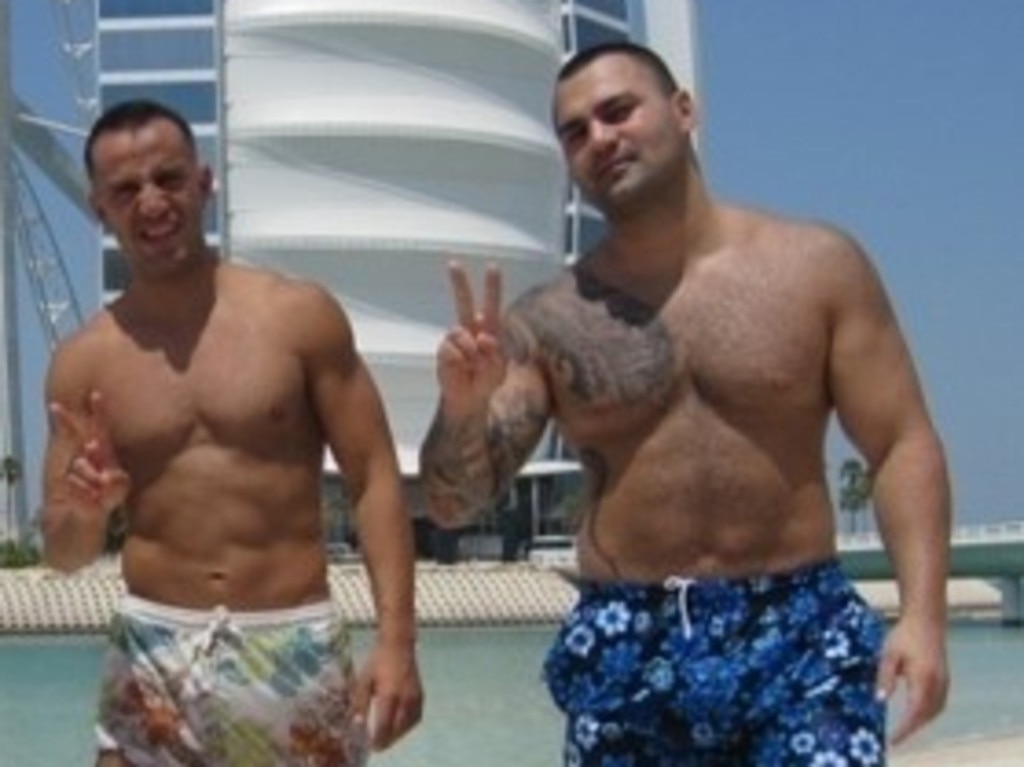
Buddle was swept up and whisked away to the Turkish capital, Ankara, in an operation The Daily Telegraph said was sophisticated and well-executed.
The 44-year-old has been extradited back to Australia and is now in the custody of Australian Federal Police in a secret location.
TURKEY
Several of Australia’s most wanted underworld figures have sought sanctuary in Turkey, with some of them specifically known to frequent a hotel in Istanbul called The Kings Cross.
The group has been referred to as the Turkish Mafia and is believed at one time to include former Sydney Comanchero Hakan Ayik, who fled Australia in 2010.
According to The Daily Telegraph, Ayik had been credited with being the brains and a money-maker for the gang before heading overseas and, according to sources, lived in luxury in Turkey and secretly owned the hotel.
Known as “Big Hux”, Ayik was also regarded in Sydney’s underworld as being one of Australia’s wealthiest fugitives and a major international drug lord.
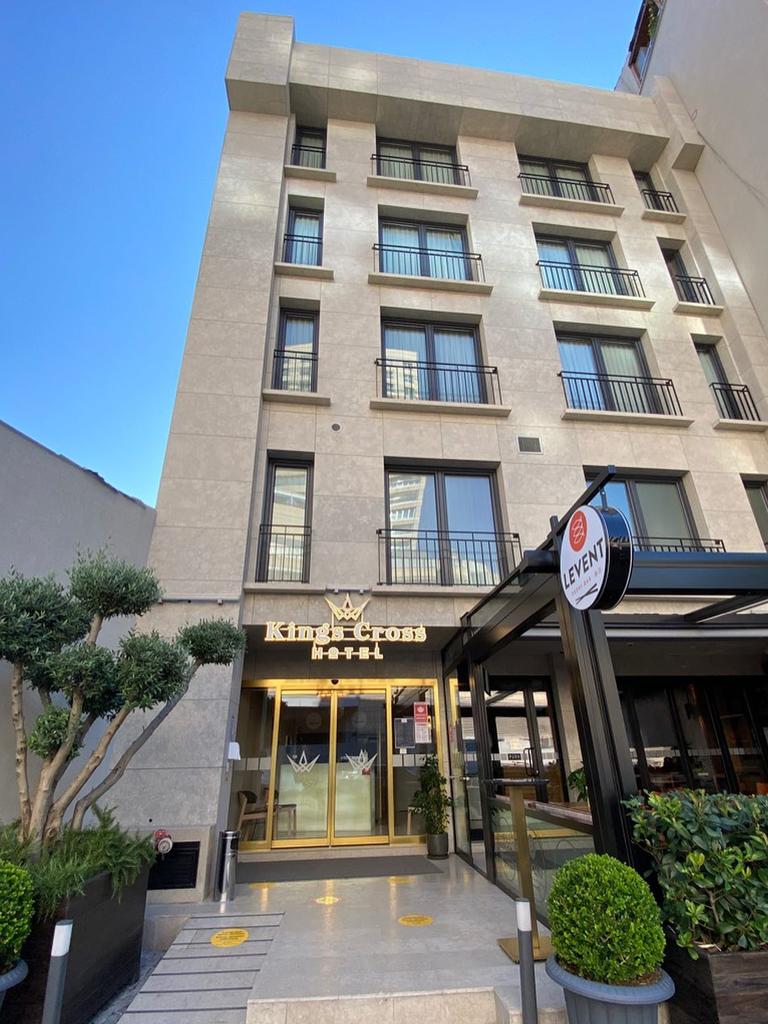
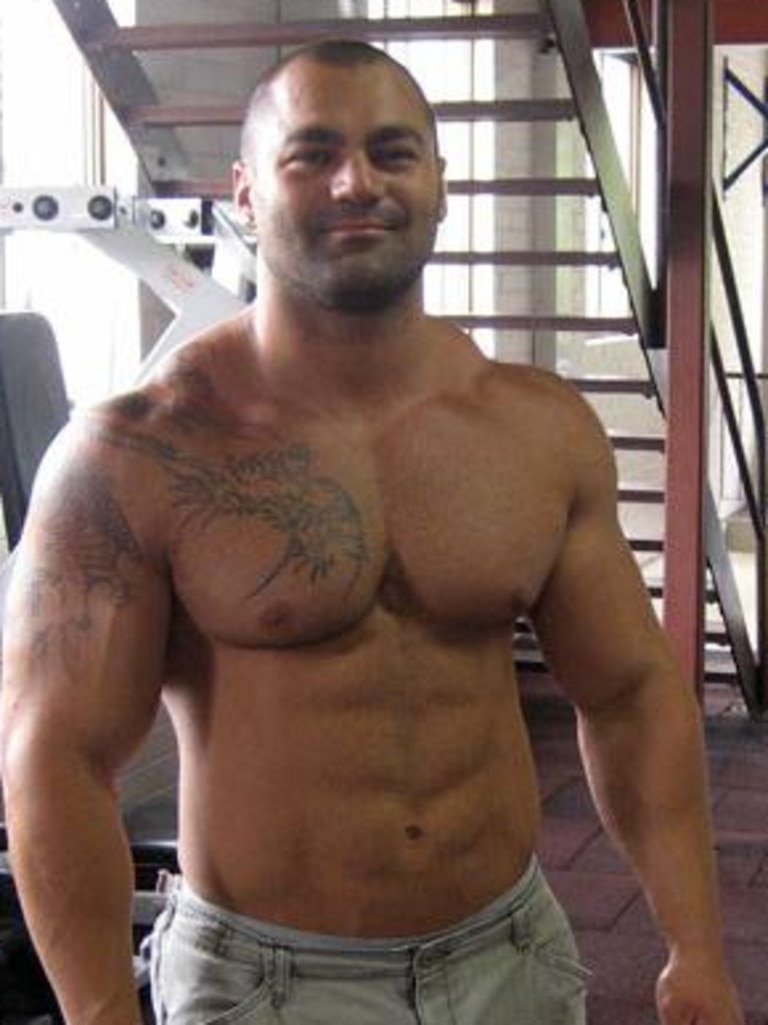
The hotel was also frequented by other well-known identities of Turkish heritage, including Hakan Arif, A. K. A “little Hux”, and Erkan Keskin, A. K. A “Eric the Wolf”, the Telegraph reported.
Arif fled Dubai in 2018 before he could be extradited to Australia to face drug importation charges after being arrested in 2017.
Keskin left Australia in late 2019 after several charges against him were dropped.
Mark Buddle also reportedly had an office at the hotel before moving back to Dubai.
As the Telegraph reported, Ayik’s world came crashing down in June, 2021, when authorities made hundreds of arrests around the world as a result of intelligence they gathered via the encrypted messaging app AN0M.
Ayik played a role in introducing the app to some of the world’s biggest criminal figures, believing it would allow them to carry on secret, untraceable conversations.
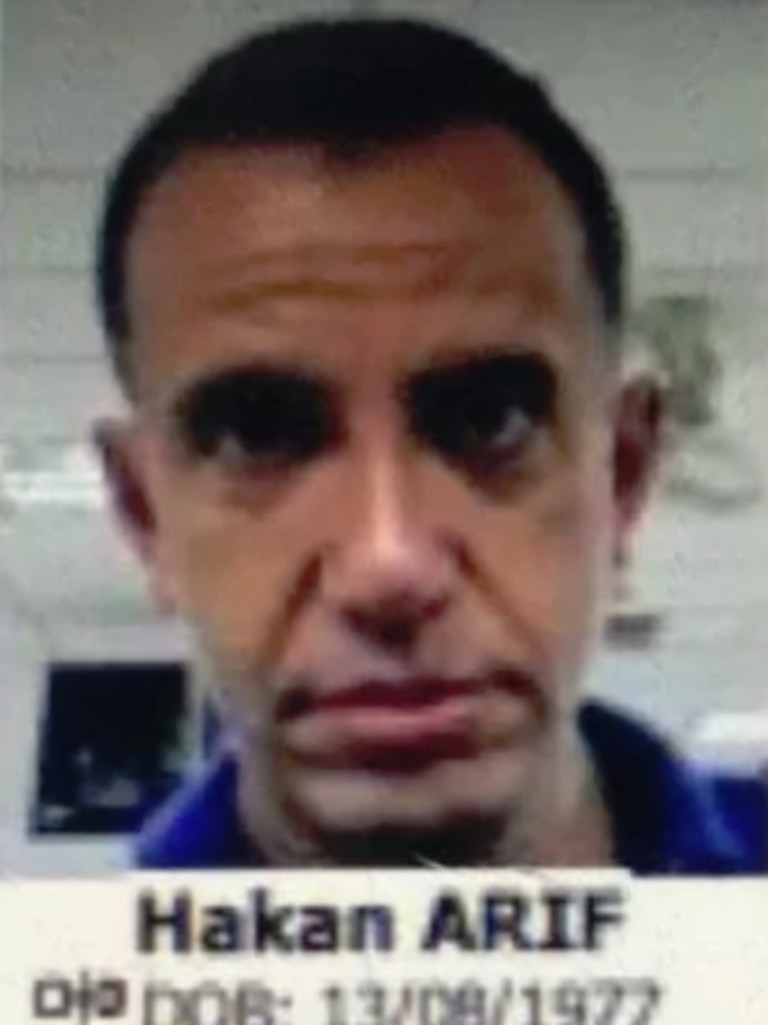
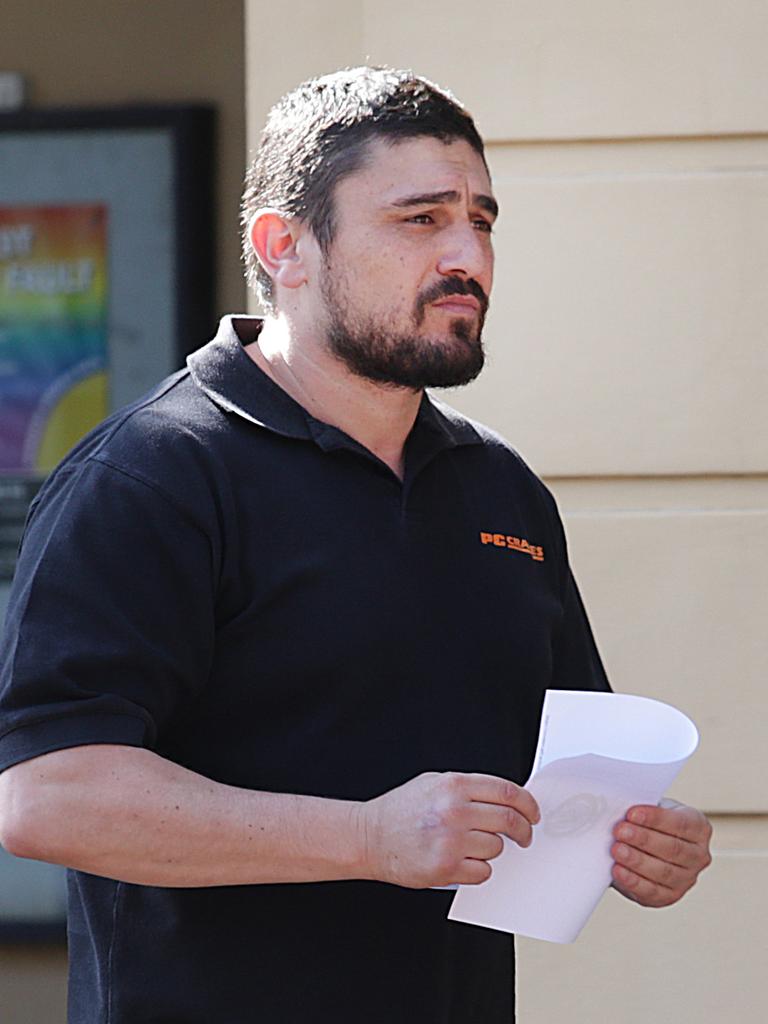
In fact, the app had been created by the FBI and sold to organised crime groups, allowing authorities to read every message sent via the platform.
Police allege those conversations included criminals discussing their role in murders.
In June 2021, The Daily Telegraph reported that Ayik - a marked man after his role in the global sting was exposed - had gone into hiding, leaving his wife and their two young sons behind.
Ayik’s whereabouts were not known, but he was believed still to be in Turkey because international travel was too risky.
Ayik renounced his Australian citizenship and changed his name to Hakan Reis.
At a press conference in June, 2021, Australian Federal Police Commissioner Reece Kershaw said Ayik was “probably” a marked man and urged him to hand himself in.
“I think given the threat he faces, he’s best off handing himself into us as soon as he can,” Mr Kershaw said. “He was one of the co-ordinators of this particular device. So he’s essentially set up his own colleagues,” he said.
Know more? Email crimeinvestigations@news.com.au
More Coverage
Originally published as Bikie gang safe havens and hideouts around the world



